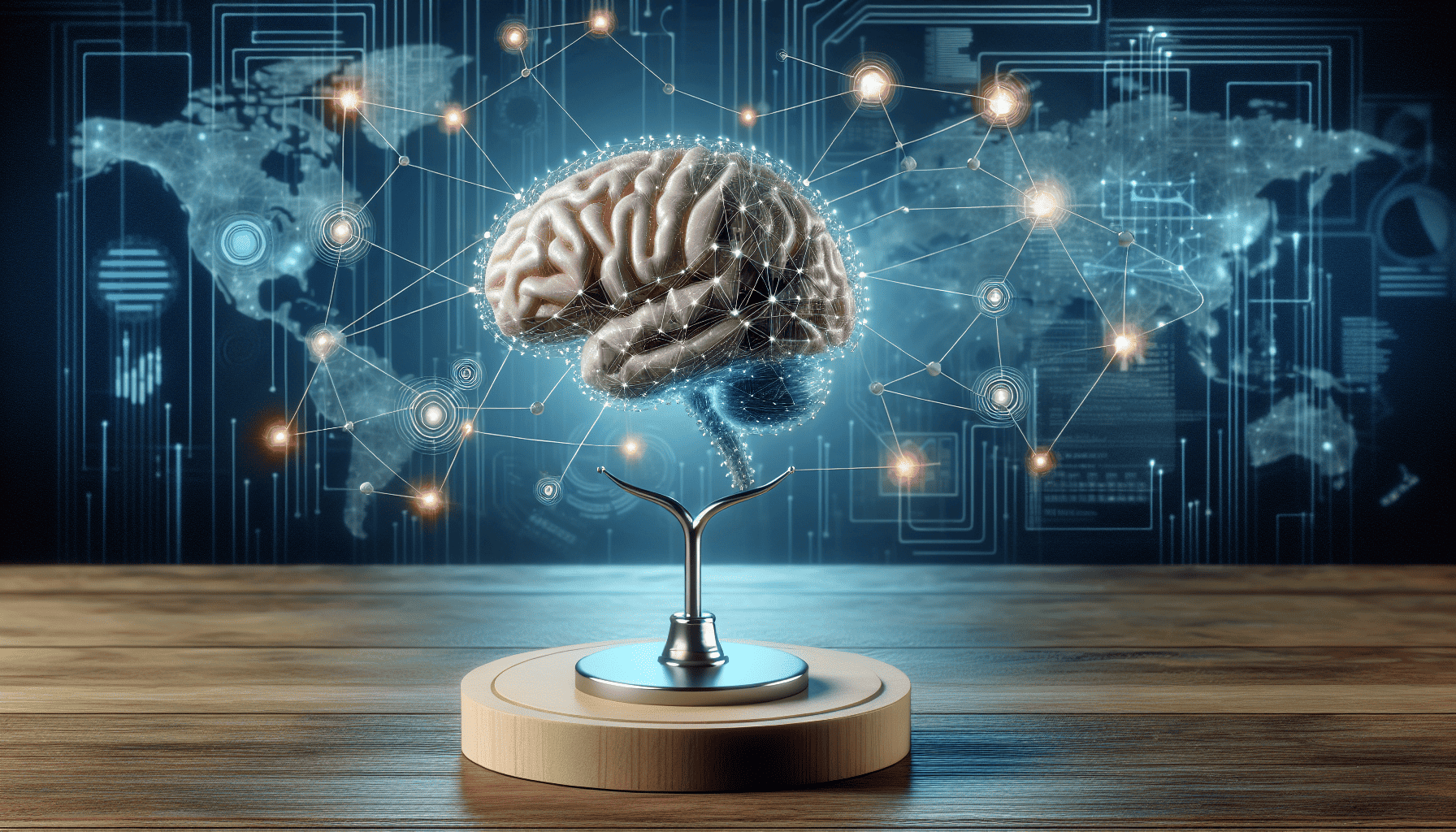In recent years, neuroscience has emerged as one of the most groundbreaking fields in scientific research, unveiling mysteries about the human brain that were once deemed unsolvable. As the epicenter of thought, emotion, and behavior, the brain has long captivated researchers and scientists. Today, thanks to technological advances and interdisciplinary collaborations, we are witnessing unparalleled insights and breakthroughs that promise to revolutionize our understanding of the human psyche.
One of the most significant breakthroughs in neuroscience is the development of advanced brain imaging techniques. Technologies such as functional magnetic resonance imaging (fMRI) and positron emission tomography (PET) scans have already provided profound insights into brain activity. However, the latest advancements in imaging, such as high-resolution brain mapping, enable scientists to observe neuronal activities with a granularity that was previously unattainable. This innovation not only helps in understanding neural connectivity but also assists in early diagnosis of neurological disorders, potentially changing the landscape for preventative treatments and interventions.
Furthermore, developments in artificial intelligence (AI) have begun to play a crucial role in neuroscience. Machine learning algorithms are increasingly being used to model brain patterns and predict outcomes in neurological studies. This symbiotic relationship between AI and neuroscience is paving the way for the development of brain-computer interfaces (BCIs). These interfaces hold the promise of restoring function to those with paralysis, allowing them to control prosthetic limbs or computers with their thoughts, thereby enhancing quality of life significantly.
Another astonishing frontier in neuroscience is neuroplasticity — the brain's ability to reorganize itself by forming new neural connections throughout life. Groundbreaking research has demonstrated that neuroplasticity is far more dynamic than previously believed. This knowledge opens the door for novel therapeutic strategies for rehabilitation after brain injuries or strokes. Tailored cognitive training and mindfulness practices are being incorporated into treatment plans to harness the brain’s adaptability, offering hope for improved recovery outcomes.
Genetics is also contributing to neuroscience advancements. The advent of CRISPR technology and other gene-editing tools allows researchers to manipulate specific genes within brain cells. This capability is being leveraged to study the genetic foundations of neurological disorders, such as Alzheimer's and schizophrenia, with the long-term goal of developing targeted gene therapies. By understanding the genetic underpinnings, scientists hope to devise treatments that can stop or even reverse the progression of these conditions.
Additionally, a deeper understanding of the gut-brain axis is emerging, underscoring the complex relationship between our digestive system and central nervous system. Research is increasingly showing that gut microbiota influence mental health, affecting conditions like depression, anxiety, and autism. This revelation could lead to microbiome-targeted therapies, offering new avenues for managing mental health disorders.
Ethical considerations, however, follow closely behind each breakthrough. The power to alter neurological and genetic pathways demands a responsible approach to avoid unintended consequences and to protect individual rights and societal impacts. As these technologies continue to evolve, a robust discourse on ethical practices is crucial.
In conclusion, the new frontiers in brain science are reshaping our understanding of the most complex organ in the human body. The convergence of technology, genetics, and interdisciplinary research is not only unlocking the secrets of the brain but also paving the way for innovative therapies and interventions. With each breakthrough, we move closer to a future where neurological disorders can be effectively managed or even prevented, enhancing human potential and well-being in the process. The next decade promises an exhilarating era of discovery in neuroscience, one that holds the potential to redefine how we interact with and understand the world around us.
